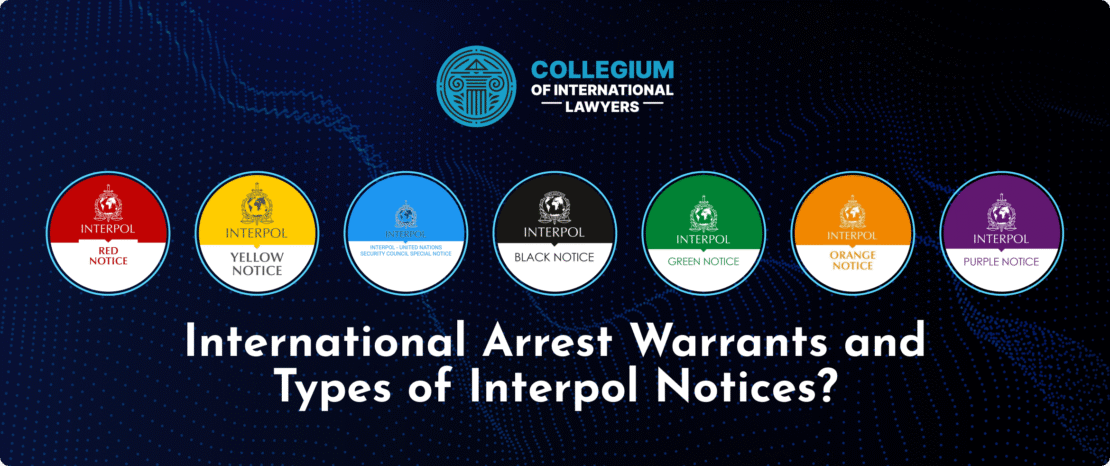
The Extradition Process in Spain: A Comprehensive Overview
The extradition process in Spain is a critical aspect of international law and cooperation. It allows for the transfer of individuals accused or convicted of crimes to another jurisdiction for prosecution or punishment. Understanding this complex legal mechanism is essential for legal practitioners, law enforcement agencies, and individuals facing extradition. In this article, we will delve into the various components of the extradition process in Spain, including legal frameworks, requirements, and implications, and take a look at recent developments in proceso de extradición en España cooperación judicial en 2025.
Legal Frameworks Governing Extradition in Spain
The extradition process in Spain is governed by both international treaties and national laws. Spain is a party to several bilateral and multilateral treaties that facilitate extradition, including the European Convention on Extradition and various treaties with non-EU countries. These legal instruments establish the basis for cooperation between countries in the pursuit of justice.
At the national level, the main legal framework is found in the Spanish Criminal Procedure Act (Ley de Enjuiciamiento Criminal). This act outlines the procedures and requirements for extradition requests, ensuring that they are handled in a manner that respects the rights of individuals while also facilitating international cooperation.
Types of Extradition Requests
Extradition requests can be categorized into two main types: voluntary and mandatory. Voluntary extradition occurs when an individual agrees to be extradited to another country. In contrast, mandatory extradition involves legal processes initiated by the requesting country, often grounded in treaties or legal obligations.
Mandatory extradition requests typically require specific conditions to be met, such as the existence of double criminality, meaning that the offense for which extradition is sought must be punishable in both the requesting and requested countries.
The Extradition Process
The extradition process in Spain is a multi-step procedure that begins with the submission of a formal request from the requesting country. This request must include detailed information about the individual in question, the charges against them, and any supporting evidence. Once the request is received, it is reviewed by the Spanish Ministry of Justice and the relevant judicial authorities.
One of the first steps in the process is the verification of identity and the existence of a valid arrest warrant. If the individual is located, they may be detained pending extradition proceedings. The authorities will then assess whether the request complies with both international treaty obligations and domestic laws.

Judicial Review and Handling of Extradition Requests
In Spain, extradition decisions are subject to judicial review. The Audiencia Nacional, a high court in Spain, is primarily responsible for handling extradition cases. The court evaluates all aspects of the extradition request, including potential human rights violations that may arise upon extradition.
Key factors considered during the review process include the political nature of the charges, the potential for the death penalty, and the likelihood of mistreatment or persecution in the requesting country. If the court finds that any of these factors may apply, it may deny the extradition request.
Grounds for Refusal of Extradition
There are several grounds on which Spain may refuse an extradition request. These include:
- The crime is considered political in nature.
- The individual risks facing the death penalty or inhumane treatment.
- The individual has already been tried and acquitted or convicted for the same offense (ne bis in idem principle).
- The extradition request does not meet the requirements of double criminality.
These safeguards aim to protect individuals and ensure that extradition does not lead to unjust legal outcomes.
Recent Developments in Extradition and Judicial Cooperation
In recent years, Spain has been involved in several high-profile extradition cases that have garnered international attention. These cases often highlight the complexities of international law and the importance of judicial cooperation between countries. With technological advancements and increasing globalization, the extradition process has evolved to address new challenges in law enforcement and international relations.
In 2025, Spain aims to enhance its judicial cooperation framework further, focusing on efficient information sharing, legal collaboration, and mutual assistance in criminal matters. This includes modernizing the extradition process to ensure it meets the needs of contemporary law enforcement and judicial standards.
Conclusion
The extradition process in Spain is a vital tool for international cooperation in the fight against crime. By adhering to established legal frameworks and protections, Spain ensures that extradition requests are handled fairly and justly while also fulfilling its obligations under international law. As judicial cooperation continues to evolve, the extradition process in Spain will likely adapt to address new challenges and enhance its effectiveness in combating transnational crime.



 from Roda Digital
from Roda Digital